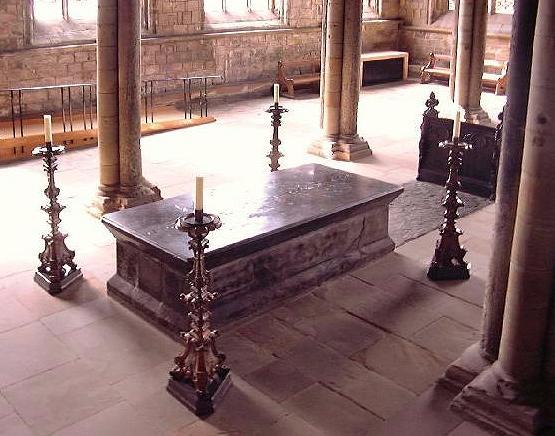Bede's Death Song on:
[Wikipedia]
[Google]
[Amazon]
 ''Bede's Death Song'' is the editorial name given to a five-line
''Bede's Death Song'' is the editorial name given to a five-line
 ''Bede's Death Song'' is the editorial name given to a five-line
''Bede's Death Song'' is the editorial name given to a five-line Old English
Old English ( or , or ), or Anglo-Saxon, is the earliest recorded form of the English language, spoken in England and southern and eastern Scotland in the Early Middle Ages. It developed from the languages brought to Great Britain by Anglo-S ...
poem
Poetry (from the Greek language, Greek word ''poiesis'', "making") is a form of literature, literary art that uses aesthetics, aesthetic and often rhythmic qualities of language to evoke meaning (linguistics), meanings in addition to, or in ...
, supposedly the final words of the Venerable Bede
Bede (; ; 672/326 May 735), also known as Saint Bede, Bede of Jarrow, the Venerable Bede, and Bede the Venerable (), was an English monk, author and scholar. He was one of the most known writers during the Early Middle Ages, and his most fa ...
. It is, by far, the Old English poem that survives in the largest number of manuscripts — 35 or 45 (mostly later medieval manuscripts copied on the Continent). It is found in both Northumbrian and West Saxon dialects.
Attribution to Bede
Bede died on Thursday, 26 May 735 (Ascension Day
The Feast of the Ascension of Jesus Christ (also called the Solemnity of the Ascension of the Lord, Ascension Day, Ascension Thursday, or sometimes Holy Thursday) commemorates the Christian belief of the bodily Ascension of Jesus into Heaven. It ...
) on the floor of his cell, singing ''Glory be to the Father and to the Son and to the Holy Spirit'' and was buried at Jarrow. Cuthbert, a disciple of Bede's, wrote a letter to a Cuthwin (of whom nothing else is known), describing Bede's last days and his death. According to Cuthbert, Bede fell ill, "with frequent attacks of breathlessness but almost without pain", before Easter. On the Tuesday, two days before Bede died, his breathing became worse and his feet swelled. He continued to dictate to a scribe, however, and despite spending the night awake in prayer he dictated again the following day. At three o'clock, according to Cuthbert, he asked for a box of his to be brought, and distributed among the priests of the monastery "a few treasures" of his: "some pepper, and napkins, and some incense". That night he dictated a final sentence to the scribe, a boy named Wilberht, and died soon afterwards. Cuthbert's letter also relates a five-line poem in the vernacular that Bede composed on his deathbed, known as "Bede's Death Song". But the poem's attribution to Bede is not absolutely certain—not all manuscripts name Bede as the author, and the ones that do are of later origin than those that do not.Scragg, Donald. "Bede's Death Song", in Lapidge, ''Encyclopaedia of Anglo-Saxon England'', p. 59.
Text
Recorded in both Northumbrian and West Saxon, as edited in the Anglo-Saxon Poetic Records series (with ‖ representing a medial caesura) the poem reads:Northumbrian version
West Saxon version
Modern English translation
Literally: Before the necessary journey, no-one will be wiser in thought than he needs to be, to think, before he goes from here, about what of his spirit, of good or of evil, will be judged after his death-day. In a literal translation by Leo Shirley-Price, the text reads as:Before setting forth on that inevitable journey, none is wiser than the man who considers—before his soul departs hence—what good or evil he has done, and what judgement his soul will receive after its passing.
Modern Northumbrian translation
A translation into the modernNorthumbrian dialect
Northumbrian dialect or Northumbrian English is any one of several traditional English dialects spoken in the historic counties of Northumberland and County Durham. The term ''Northumbrian'' can refer to the region of Northumbria but can also ...
by Richard Oliver Heslop.
Notes
References
Sources
* * {{Old English poetry Bede Old English poetry Old English literature